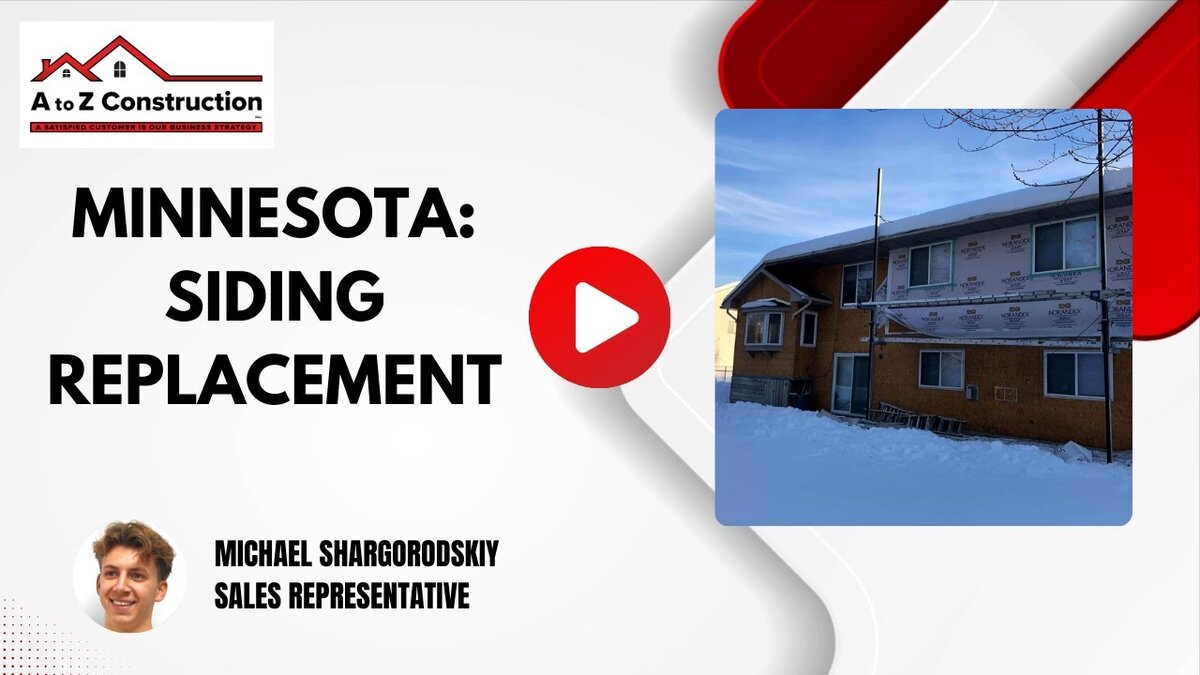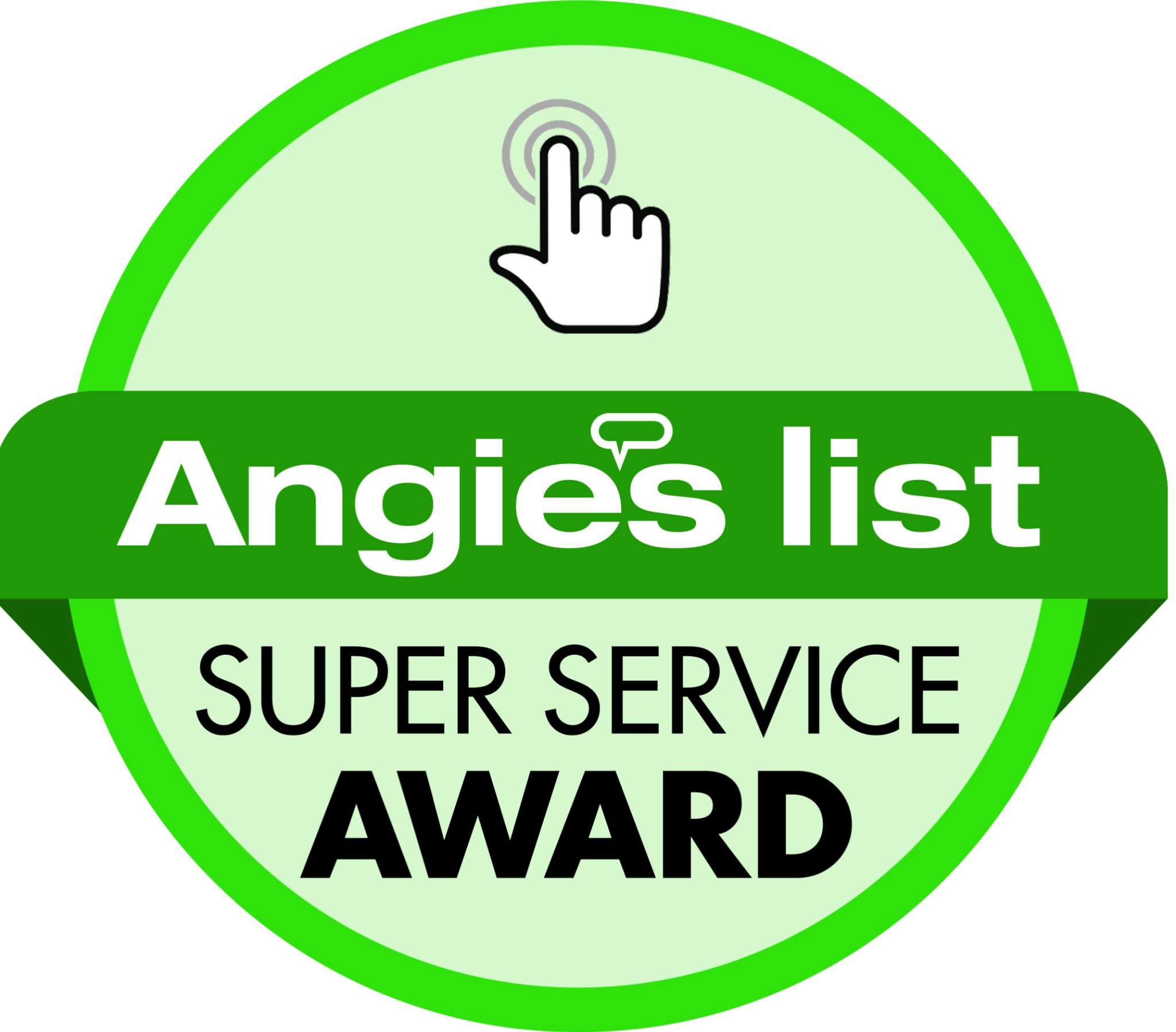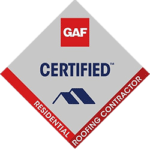Vinyl siding is a popular choice for homeowners who want a low-maintenance exterior. It is made from various colors and styles of PVC (polyvinyl chloride) resin. Vinyl siding has been around since the 1950s and has become increasingly popular due to its durability and affordability.
There are several advantages to using vinyl siding. First, it is very low-maintenance and requires no painting or staining. It is also resistant to rot, insect damage, and moisture, making it a great choice for homes in harsh weather conditions. Additionally, vinyl siding is available in various colors and styles so that homeowners can choose the perfect look for their homes. However, there are also some disadvantages, such as vinyl siding can crack or fade over time, and it may not be as environmentally friendly as other options.
What Is Vinyl Siding?
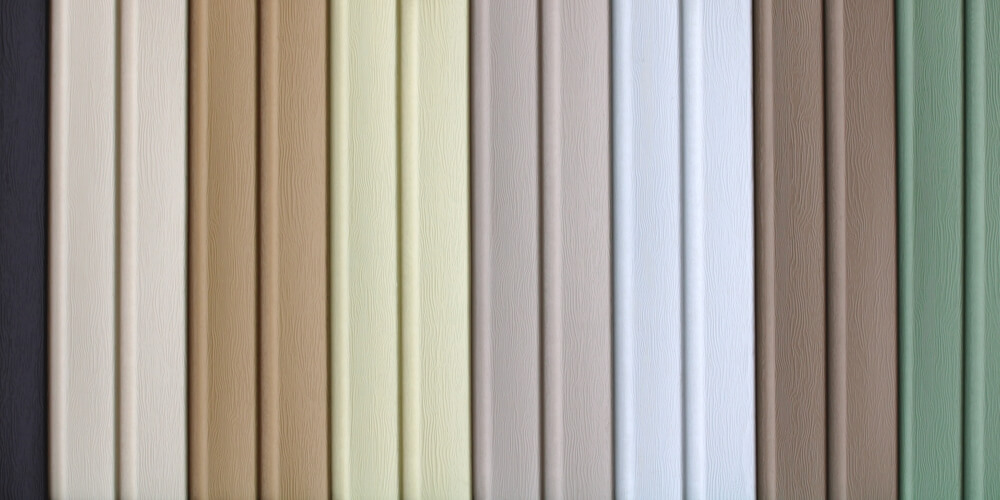
Vinyl siding is a popular exterior cladding material used in residential and commercial buildings. It is made from polyvinyl chloride (PVC) resin and other additives that provide durability, color, and texture. Vinyl siding is available in various colors, styles, and profiles, making it a versatile and affordable option for homeowners and builders.
One of the key advantages of vinyl siding is its low maintenance requirements. Unlike wood siding, vinyl siding does not need to be painted or stained regularly and is resistant to rot, insects, and moisture damage. Vinyl siding is also easy to clean with a hose and a mild detergent, making it an attractive choice for busy homeowners.
In addition to its low maintenance requirements, vinyl siding is relatively easy to install. It can be installed over most existing surfaces, including wood, brick, and stucco, and it does not require special tools or equipment. Vinyl siding is also lightweight and easy to handle, which can reduce installation time and labor costs.
However, there are also some disadvantages to vinyl siding. One of the main concerns is its environmental impact. Vinyl siding is made from non-renewable resources and can release toxic chemicals during manufacturing and disposal. Additionally, vinyl siding can fade and become brittle, especially in extreme weather conditions.
Overall, vinyl siding is a popular and affordable option for homeowners and builders who want a low-maintenance, durable, and versatile exterior cladding material. However, weighing the advantages and disadvantages before hiring a siding contractor is important.
Advantages of Vinyl Siding
Vinyl siding is a popular choice for homeowners due to its many advantages. Here are some key benefits of updating your home with vinyl siding.
Cost Effectiveness
One of the main advantages of vinyl siding is its affordability. Vinyl is less expensive than other siding materials, such as wood or brick, making it a cost-effective option for homeowners on a budget. Additionally, vinyl siding requires less maintenance than other materials, saving homeowners money in the long run.
Low Maintenance
Vinyl siding is low maintenance, another reason it is a popular choice for homeowners. Unlike wood or brick, vinyl siding does not require painting or staining, so it will not fade or peel over time. Additionally, vinyl is moisture-resistant, so it will not rot or warp like wood. This means homeowners do not have to worry about regular maintenance or siding repairs.
Durability
Vinyl siding is also durable and long-lasting. It can withstand extreme weather conditions that can cause storm damage, such as high winds, heavy rain, and hail, making it a good choice for homes in harsh climates. Additionally, vinyl siding is resistant to fading, cracking, and peeling, so it will maintain its appearance for many years.
Variety of Styles and Colors
Finally, vinyl siding offers various styles and colors, making it easy to find a look that fits your home’s aesthetic. Vinyl siding can be made to look like wood, stone, or other materials, so homeowners can achieve the look they want without the added cost or maintenance of those materials.
In summary, vinyl siding is a cost-effective, low-maintenance, durable, and versatile option for homeowners looking to update their home’s exterior.
Disadvantages of Vinyl Siding
Vinyl siding has many benefits, but it also has some disadvantages. Here are some of the most significant drawbacks of vinyl siding.
Environmental Concerns
Vinyl siding is made from PVC, a type of plastic. PVC is not biodegradable and can release harmful chemicals when it is burned. Additionally, the production of PVC requires a significant amount of energy, which contributes to greenhouse gas emissions.
Potential for Damage
Vinyl siding can be damaged by strong winds, hail, and other extreme weather conditions. If the siding is not installed correctly, it can also warp or buckle. Additionally, vinyl siding is not fire-resistant and can melt or burn if exposed to high temperatures.
Lower Resale Value
Vinyl siding is one of the most affordable types of siding, but it can also lower the resale value of a home. Some home buyers prefer more traditional siding materials like wood or brick, and may be less willing to pay a premium for a home with vinyl siding. Additionally, vinyl siding can fade over time, making a home look less attractive.
Overall, while vinyl siding has many benefits, it also has some drawbacks that homeowners should consider before deciding.
Is Vinyl Siding Right for Your Home?
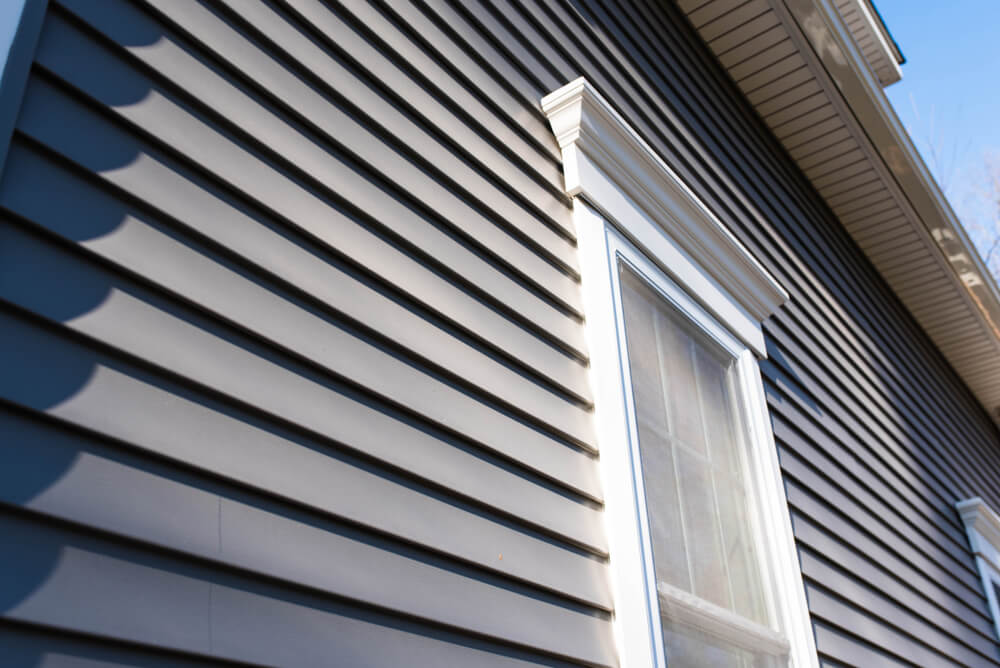
Vinyl siding has its advantages and disadvantages, and ultimately, the decision to use it will depend on the homeowner’s specific needs and preferences.
On the positive side, vinyl siding is relatively affordable, low-maintenance, and available in various colors and styles. It is also durable and can last for several decades with proper care. Additionally, vinyl siding can help improve a home’s energy efficiency by providing insulation and reducing heat loss.
However, there are also some potential drawbacks to using vinyl siding. For example, it can crack or fade over time and may not be as visually appealing as other materials, such as wood or brick. Additionally, vinyl siding can be prone to moisture damage if not installed correctly, and it may not be as environmentally friendly as some other options.
Overall, vinyl siding can be a good choice for homeowners looking for an affordable, low-maintenance option that will last for many years. However, those prioritizing aesthetics or environmental sustainability may want to consider other materials. Contact A to Z Construction today to learn about our vinyl siding options.



